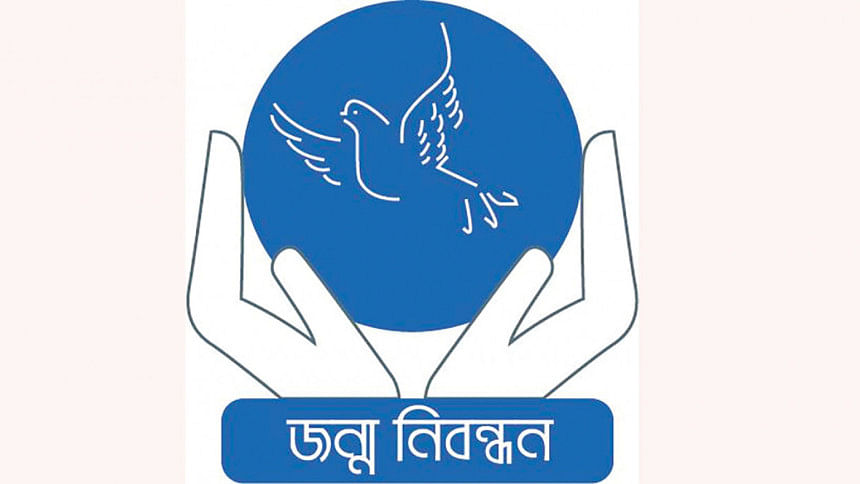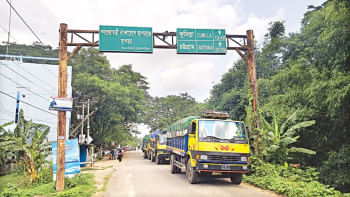If digitalisation doesn’t work, what will?

Ideally, a digital birth registration process should make life simpler. It should be easy to navigate, remove the hassle of having to go to multiple offices for documents, and significantly reduce delivery times. But it appears that in trying to digitalise the birth registration process in Bangladesh, we are also "digitalising" the logistical problems of the erstwhile manual system. According to a report by The Daily Star, citizens are being put through unnecessary hassles as they have to go through a slow, lengthy, and often complicated process while trying to obtain this vital document.
The government made the online registration of birth mandatory since January 1 last year, meaning citizens must have this document to access a total of 18 services, including enrolment in educational institutions, registration for Secondary School Certificate exams, applying for passport, driving licence, etc. Besides, children aged 12 and above, who are entitled to Covid-19 vaccine, also require a digital birth certificate. This makes the document as important as one's NID. But the process to obtain it remains cumbersome. Our correspondent spoke to applicants in Dhaka who complained that they couldn't register their children's births because their own certificates lacked the required digits (17). There are also allegations of deliberate misspelling of names and addresses, which can lead to a complicated and time-consuming correction procedure. Many complained of the unhelpful attitude of city corporation officials, and the resultant intervention of brokers with alleged underhand dealings with the former. There are also system-induced challenges for people without fixed/permanent addresses, forcing them to go from one office to another.
If you're one of the lucky ones, you may have your certificate within a month or so, although the certificate delivery receipt would mention a waiting period of 15 days from the submission of relevant documents. But a whole new ordeal may follow if there are corrections to be made, which is a case for many. Also, a lack of coordination between city corporation officials and the office of the registrar general for birth and death registration—as highlighted by two councillors from Dhaka's two city corporations—can put additional burden on the applicants.
So, what's the point of having a digital birth registration system if it makes the life of applicants difficult, rather than help them? We understand that the birth registration process is still going through a transition, and it may take more time to iron out the problems inherited from the manual system. But addressing systemic loopholes, ensuring coordination and cooperation among all related departments, and building a delivery method based on the once-only principle should be at the top of the government's agenda, if the digitalisation drive is to succeed. Citizens must not suffer while trying to obtain this all-too-important document.

 For all latest news, follow The Daily Star's Google News channel.
For all latest news, follow The Daily Star's Google News channel. 



Comments